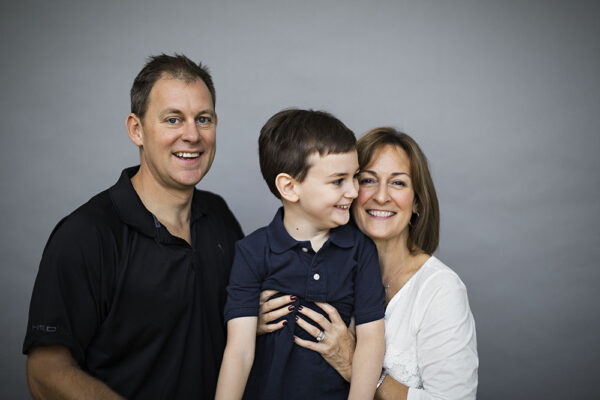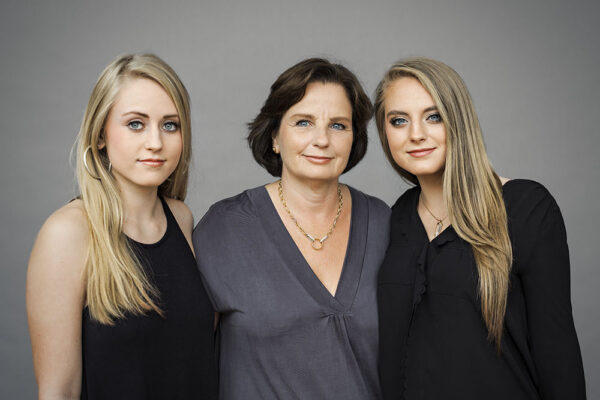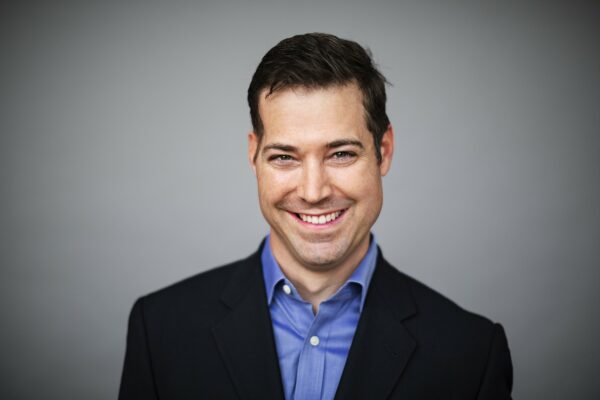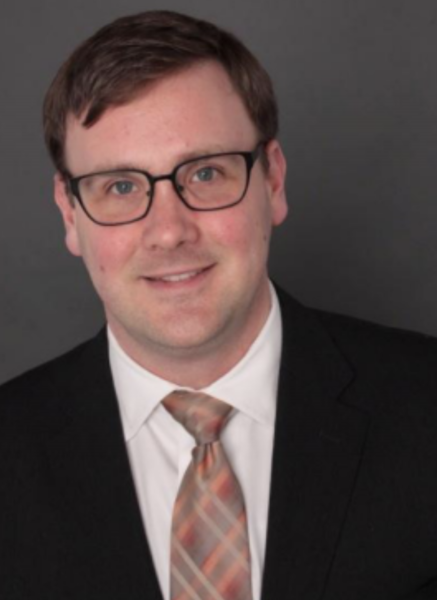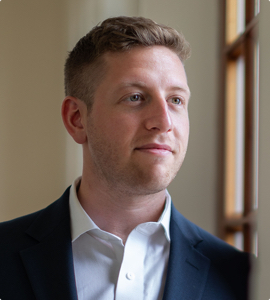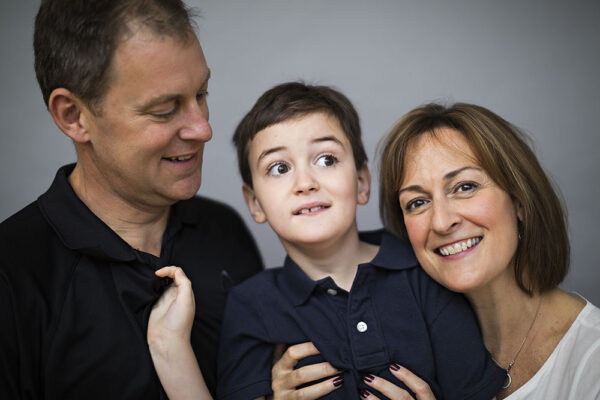
The human brain needs a steady supply of oxygen. After four minutes without oxygen brain cells begin to die. After five minutes, permanent injury begins to set in. Doctors call it anoxic brain injury. Sadly, the Anderson family can tell you all about it.
It was the perfect summer afternoon, another fun family outing for Beth and Keith Anderson and their youngest son, Owen.
Owen Anderson was like every other exuberant preschooler in the pool that day— laughing, splashing around, goofing with his friends, putting on a show for his parents. Then everything went wrong.
A tragic turn
Suddenly, Owen was being pulled out of the pool, his body limp. After 20 minutes of CPR, he was rushed to the local hospital then life-flighted to the largest pediatric hospital in the region. Four specialists met with Beth and Keith to review Owen’s MRI.
The picture they painted was grim. Six months later Owen came home, unable to walk or talk, unable to eat on his own.
Long journey
It’s been four years since the accident and Owen has come a long way. But he’s had to work hard. Very hard.
Owen has seen doctors throughout the country, and has moved through a variety of drug treatments. The countless hours he’s devoted to therapy continue to climb. Physical therapy. Occupational therapy. Speech therapy. Hippotherapy (which uses horseback riding and its carefully graded motor and sensory input to improve neurological function and sensory processing).
Supporting research
Keith and Beth have been working hard, too, not only by caring for Owen and helping him through his recovery, but also by championing his cause and raising funds for research.
Last summer Keith and a group of friends completed a 460-mile bike ride across the state of Iowa to raise awareness and contributions for brain research. Their effort convinced other friends to pledge their support. As a result, Team Owen inspired gifts to the BRF totaling more than $20,000.
It takes a family
In addition to Owen, the Andersons have two more sons, ages 19 and 17, and a daughter 14. Beth credits them with playing a huge role in Owen’s recovery. “They come to many of Owen’s therapy sessions, they play with him, they encourage him, and they love him. Owen’s face lights up at the sight of each of them. I am amazed at how this experience has made them better, more empathic people.”
Body language
Owen’s physicians told the Andersons that most likely Owen would reach his full recovery after two years. Beth said that although progress is slow, Owen is proving them wrong.
“This past year, Owen started standing independently and scooching himself across the floor. Recently, he has been able to walk just by holding his physical therapist’s hand. So many of the families we’ve met have been dealing with their children’s injuries for far longer than we have and they agree that progress and improvements can still be seen years later.”
The Anderson family remains committed to Owen and to doing what they can to support further neuroscience research.
“The opportunity to shed light on more than one brain disorder played a large part in our choosing the BRF.” Keith said. “Everybody knows somebody who can benefit from future discoveries, whether for Parkinson’s or brain cancer, or for a little guy who almost drowned.”
